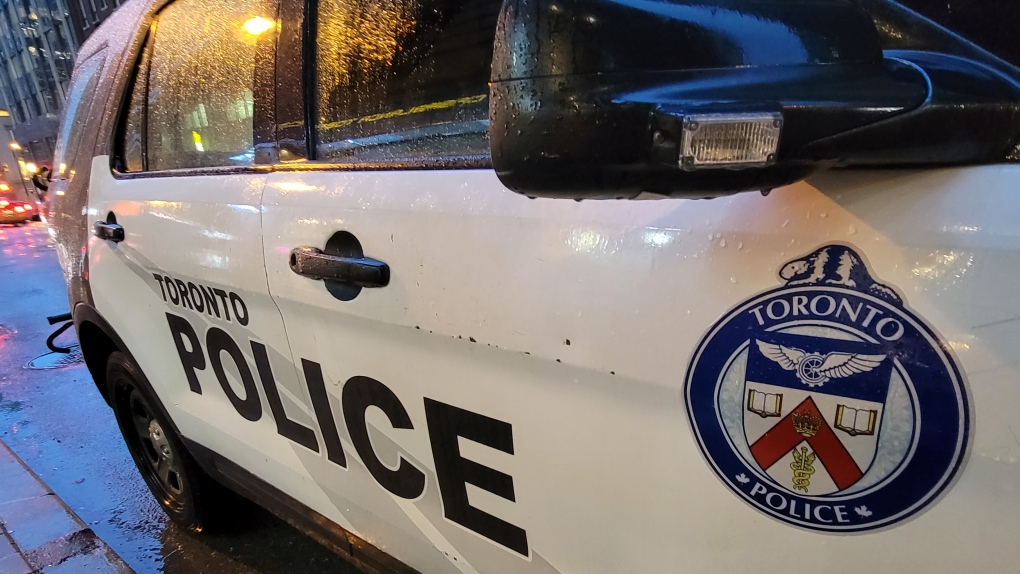Infra
Should Toronto tear up its bike lanes to improve traffic flow? Critics say it’s not so simple

A congestion crisis, a traffic nightmare, or unrelenting gridlock — whatever you call it, most agree that Toronto has a congestion problem.
Earlier this year, the TomTom Traffic Index, which ranks travel times across nearly 400 global cities, estimated that it takes 29 minutes, on average, to drive 10 kilometres in the city. Toronto ranked number three in the world for congestion levels, behind only London and Dublin, and well ahead of New York and Mexico City.
And the more time people spend in their cars, the less productive they are. Toronto’s Congestion Task Force pegs the loss of productivity — due to traffic — at around $11 billion.
To alleviate some of the gridlock, the Ontario government has announced it plans to remove bike lanes from three major roadways, pointing to low uptake and congestion. As part of new legislation tabled last month, Ontario cities would also have to get the province’s permission to install new bike lanes that remove lanes of vehicle traffic.
Toronto’s mayor Olivia Chow has slammed the Ford government’s plan to unilaterally remove bike lanes, some of which were only recently completed.
Premier Doug Ford, who lives in the west end of Toronto, has complained about bike lanes installed in the area, saying the street is jammed.
“You might see four or five bikes as you see traffic lined up all the way down the road for kilometres and kilometres. … It’s an absolute disaster,” he said last month.
The province says census data show only 1.2 per cent of people in the Toronto Census Metropolitan Area use bike lanes to commute. Critics say that figure is misleading, as the area is nearly 6,000 square kilometres and includes suburban areas like Richmond Hill, Oakville and Vaughan, all of which are far from the city’s core.
“Blaming bike lanes for city-wide failure of addressing congestion feels misguided or misinformed,” said Marvin Macaraig, a health promotor with Access Alliance, an organization that provides health and community services. “The 401 (highway) has congestion on it all day long and there are no bike lanes.”
Macaraig says many other cities have seen success with bike lanes, pointing to statistics from New York City that show travel times on one Manhattan street went down 35 per cent after bike lanes were installed.
“Bike lanes are a proven solution to addressing local congestion,” he said. “Other cities are moving forward with it, and it feels like if we take it out now, we will be moving backwards.”
Experts say the driver of congestion in Toronto isn’t bike lanes, but rather an increase in population coupled with decades of under-investment in public transit.
“We have said to everyone ‘you have to drive,’” said Shoshanna Saxe, an associate professor at the University of Toronto’s department of civil and mineral engineering and Canada Research Chair in sustainable infrastructure. “The whole point of building bike lanes is to give people an option.”
It’s a statement echoed by Mayor Chow on social media.
“The congestion in this city is partially the result of the province’s failure to deliver transit projects on time and has led to long construction delays and years of road closures,” she wrote.
Saxe believes Ford’s plan to rip up bike lanes will not only make streets more congested, it will also make cycling less safe for those who choose to bike.
“Literally, people will die,” she says. “Businesses will make less money; air quality will be worse and the city will be more congested.”
Saxe says there is a “if you build it, they will come” factor when it comes to bike lanes.
“There are lots of people waiting for a choice to get out of their cars and many don’t have it yet,” she says. “And that’s exactly the opposite of what the province is doing. We need to invest in more infrastructure so people don’t have to drive.”
The province says it is not opposed to bike lanes, but does not want them to remove lanes of traffic and wants to see them on secondary roads.
“We are doing everything we can to fight congestion and keep major arterial roads moving,” Transportation Minister Prabmeet Sarkaria said in a statement.
The province says it will reimburse cities for cost of removing bike that are ordered to be removed, though Toronto’s city manager wants the government to go further.
“That would be the staff time, the development time,” Paul Johnson said. “Looking at the work that went into it, not just the actual construction.”








